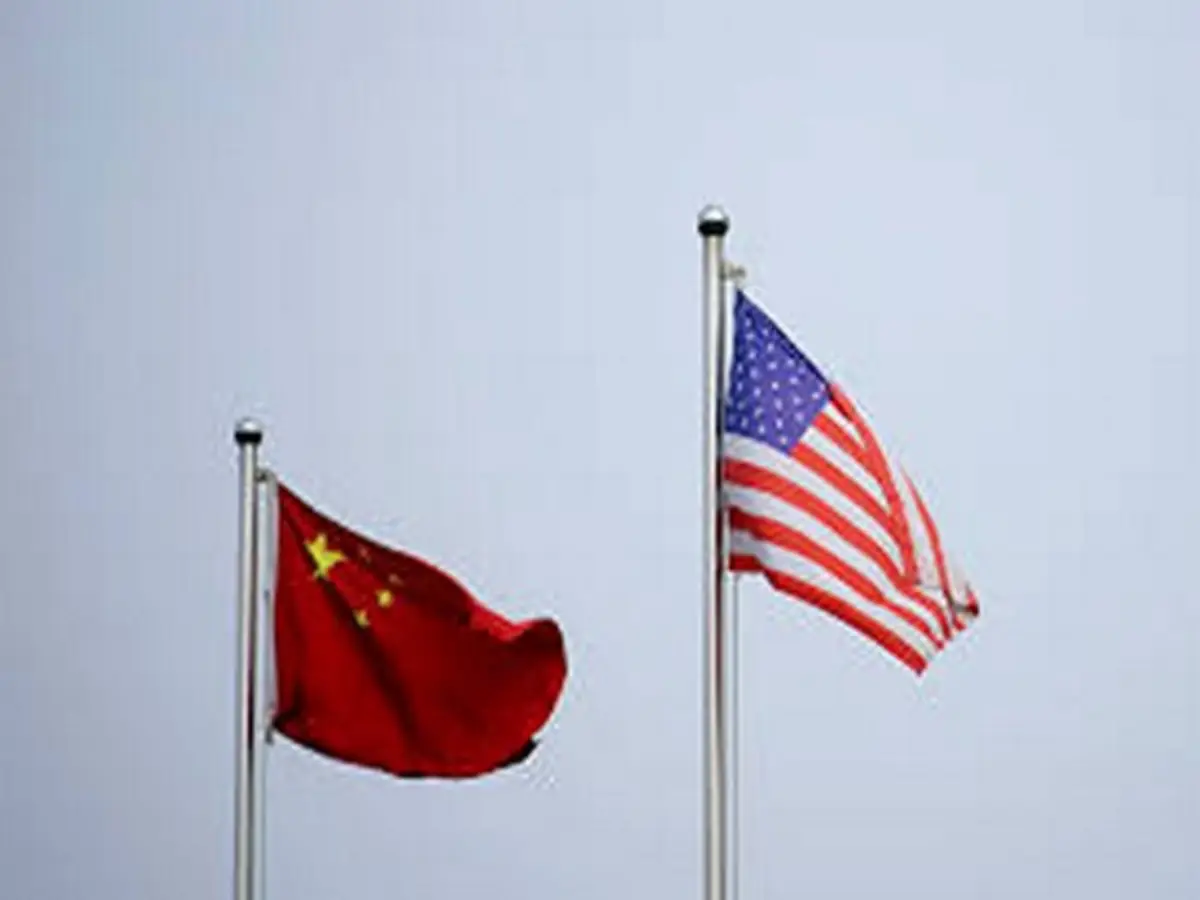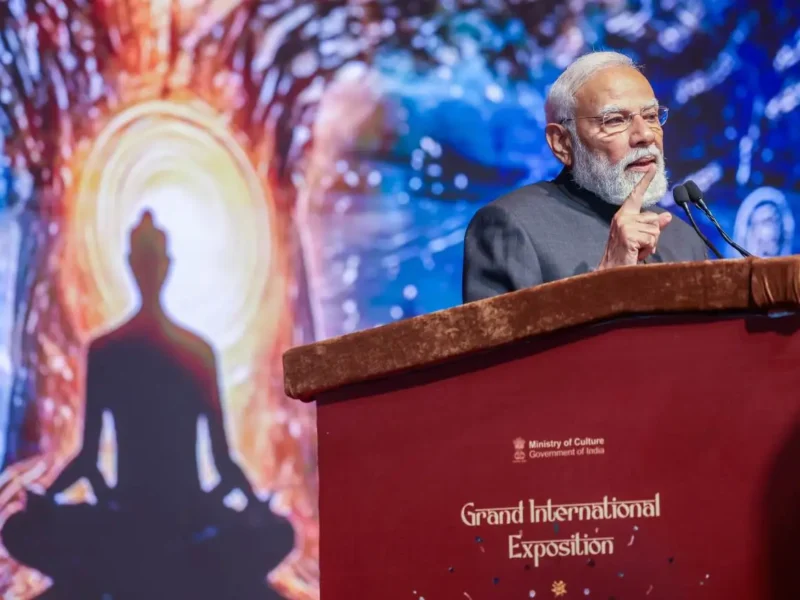
Major Push To Curb Biotech Collaboration With China’s Military
WASHINGTON, DC (ANI) – U.S. lawmakers and industry leaders are intensifying calls for stricter export controls to prevent American biopharmaceutical companies from collaborating with China military on biotechnology projects. The move reflects growing concerns over the People’s Republic of China’s (PRC) strategic efforts to advance its biotech capabilities, which could potentially be leveraged for military and intelligence purposes.
In a letter addressed to U.S. Commerce Secretary Gina Raimondo, a coalition of policymakers and experts urged the government to implement export restrictions targeting collaborations with the People’s Liberation Army (PLA) medical institutions. These institutions have conducted hundreds of clinical trials over the past decade, raising alarms about the transfer of sensitive data and intellectual property to China’s military-linked entities.
The proposal aligns with recent actions by the U.S. Department of Commerce’s Bureau of Industry and Security (BIS), which issued a notice of proposed rulemaking on July 29, 2024. The notice seeks to expand export controls on military and intelligence end-users, and lawmakers are advocating for further updates to prevent U.S. biotechnology advancements from being exploited by the PLA.
“The competition between the United States and China in biotechnology is a matter of national security, public health, and economic prosperity,” the letter states. It highlights China’s 14th Five-Year Plan, which prioritizes biotechnology as a pillar of national power and military advancement. Chinese military officials have also publicly acknowledged biotechnology’s potential to develop “synthetic pathogens” for warfare.
A focal point of concern is U.S. biopharmaceutical companies collaborating with PLA-linked institutions like the Academy of Military Medical Sciences (AAMS), which is listed on the U.S. Department of Commerce’s Entity List. The letter argues that such partnerships expose proprietary U.S. data to China’s military regime, which seeks to harness biotechnology for strategic gains.
While existing export controls exclude chemical compounds and related intellectual property, the letter calls for clearer language in the proposed rule to require licensing for clinical trials conducted with PLA-affiliated institutions. It recommends broadening the definition of “Military End User” to include PLA-operated medical facilities, ensuring these collaborations are subject to stricter oversight.
Industry stakeholders have expressed support for these measures, asserting that regulating clinical trials with PLA-linked entities would protect U.S. technological innovation and safeguard national security interests. Based on current data, the letter suggests only a limited number of licenses would be needed annually, as relatively few PLA-run hospitals participate in clinical trials.
“We are hopeful that the U.S. biopharmaceutical industry will prioritize partnerships with non-PLA medical institutions in China if regulatory restrictions are implemented,” the letter states. “These actions would not only protect U.S. national security but also ensure that American technologies are not exploited for military purposes.”
Also Read: Bring On More Centers Of Biotech Success. Here’s How



